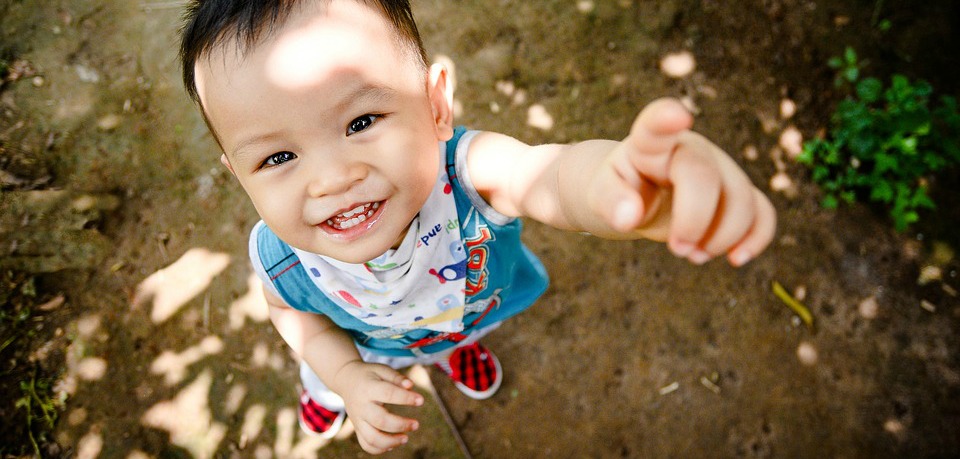Fostering a postive cultural and ethnic identity for trans-racially adopted children is an important responsibility for adoptive parents. The goal is to support your child's cultural and ethnic identity formation so he/she can "reach an acceptance of, and comfort with, oneself" (Erikson, 1959).

Identity development is a dynamic, life-log process, which requires active decision making and self-exploration. It is the integration of one's self-definition, one's definition by others, one's ethnic identity, and one's cultural identity. Ethnic Identity is one's self-perception and sense of belonging to a particular group of persons with a common affiliation. Cultural Identity is determined by the society to which the person belongs and is socially transmitted from one's family and community.
For children who have been adopted transracially and transculturally they will need to integrate...
- One's native ethnic and cultural heritage (e.g. Chinese, Ethiopian, Guatemalan, etc)
- Their adoptive family's ethnic and cultural reality (e.g. American)
- Their physical appearance (e.g. Asian, African, Hispanic)
- The perceptions of them by others
- Their personal values and beliefs
- The values and beliefs of the society they are living in
There are four major factors that influence the healthy development of identity in trans-racial and trans-cultural adoptees:
- Family Engagement with the Child's Native Culture and Ethnic Heritage: Adoptive parents can encourage and co-participate in activities of their child's native culture (e.g. language learning, foods, holiday celebrations, traditions, etc).
- Balancing the Multiple Cultures Represented in the Family & Community: Adoptive parents can incorporate the child's culture heritage, the family's cultural heritage, and the society's culture into life so the child will feel apart of each. Parents who either deny differences or insistent on difference can make it difficult for the child to synthesize their dual identities.
- Recognize Extra-Family Forces (no child lives in isolation): Transracially adopted children will experience both racism and tolerance, discrimination and equality, exclusion and acceptance, and difference and sameness. Adoptive parents can provide their child with strategies to cope with racism, discrimination, exclusion, and difference.
- Involvement with Ethnic and Cultural Reference Groups and Role Models: Children need to be exposed to, interact with, and development relationships with role models from their native ethnic group to build a positive self-identity
The vast majority of children adopted trans-racially and trans-culturally successfully integrate their personal, ethnic, and cultural identity with the support of their adoptive parents.
Family Connections, Inc. is an authorized New York adoption agency that has achieved Hague Accreditation from the Council on Accreditation. The Agency has been supporting trans-racial and trans-cultural adoptive families for over twenty years.
The agency provides domestic adoption and intercountry adoption services and would be honored to support their family's adoption plans.
Please contact our staff at 607-756-6574 or info@adoptfamilyconnections.org to learn more about your adoption options.




Let Us Know What You Thought about this Post.
Put your Comment Below.